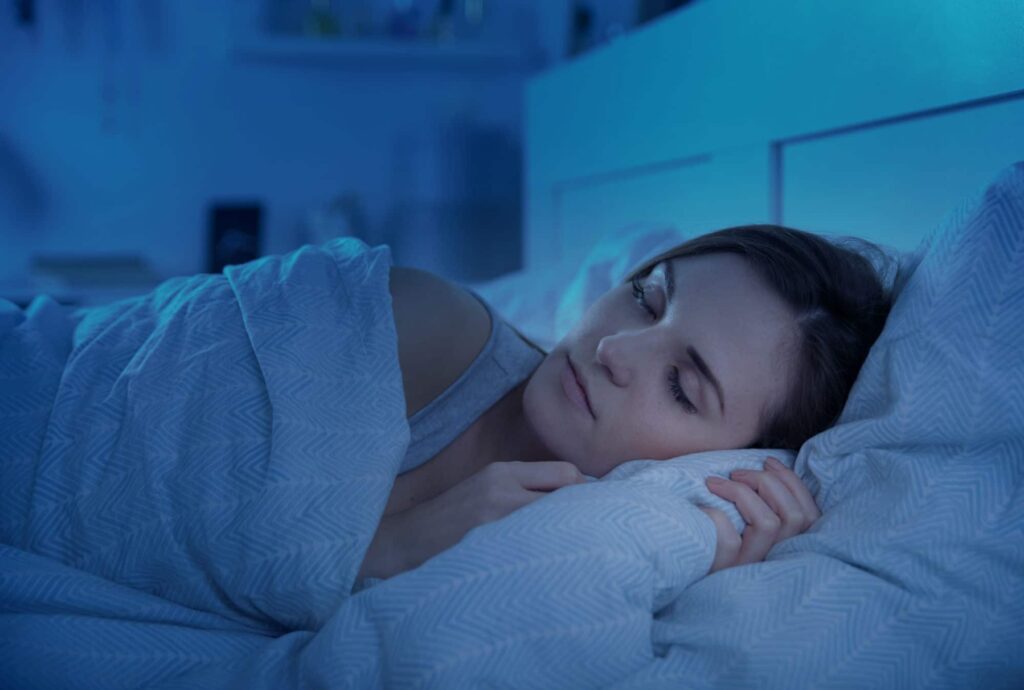A lifestyle of being constantly on the go, always busy and very little sleep has in the past been placed on a pedestal as a means of achieving big goals. In fact, American adults report sleeping an average of 6.7 hours a night — less than the minimum recommendation of seven to nine hours. apa.org
Thankfully, people are beginning to understand why sleep is an absolute crucial piece of living a healthy and fulfilling lifestyle. Sleep is important for so much more than getting rid of those dark circles under your eyes or being in a better mood. Getting plenty of sleep has some seriously positive effects on your heart, weight, mind and much more.
Here are just a few, research backed, reasons why you should sleep more in 2018.
Fight Inflammation – Research has found that people who get six or less hours of sleep a night have higher blood levels of inflammatory proteins than those who get more. Inflammation has been linked to heart disease, stroke, diabetes, arthritis and premature aging.
Improve Memory – According to Dr. Rapoport, an associate professor at NYU Langone Medical Center “ If you are trying to learn something whether it’s physical or mental, you learn it to a certain point with practice. But, something happens while you sleep that makes you learn it better.” While you rest, your mind actually stays quite busy. During sleep you can strengthen memories or practice skills, such as learning a language that you’ve learned while you are awake, through a process called consolidation. nature.com
Improve Athletic Performance – For any athlete, sleep is a very simple way to improve performance. A Stanford University study found that college football players who slept an average of 10 hours a night for seven to eight weeks were able to improve their average sprint time, experienced less fatigue throughout the day and more stamina.
Lose Excess Weight – According to Dr. Rapoport, “sleep and metabolism are controlled by the same sectors of the brain, when you are sleepy, certain hormones go up in your blood, and those same hormones drive appetite.”
Stress Less – The sleep-stress cycle can be vicious, not enough sleep leads to stress, too much stress leads to a lack of sleep. Adults who sleep fewer than eight hours a night report higher stress levels than those who sleep at least eight hours a night. apa.org If you believe stress is causing you to experience a lack of sleep, consider taking up activities that lower stress such as meditation.


